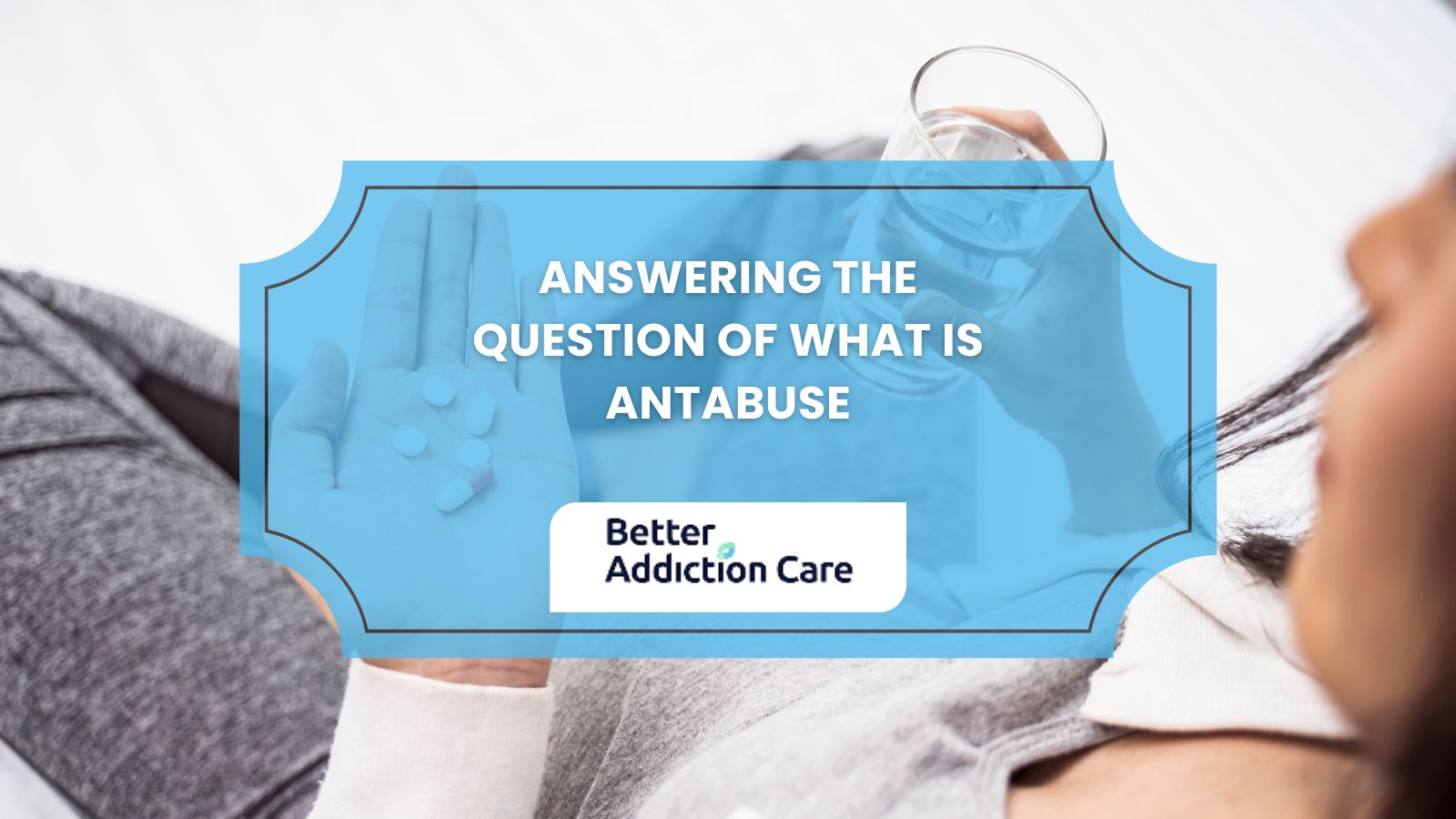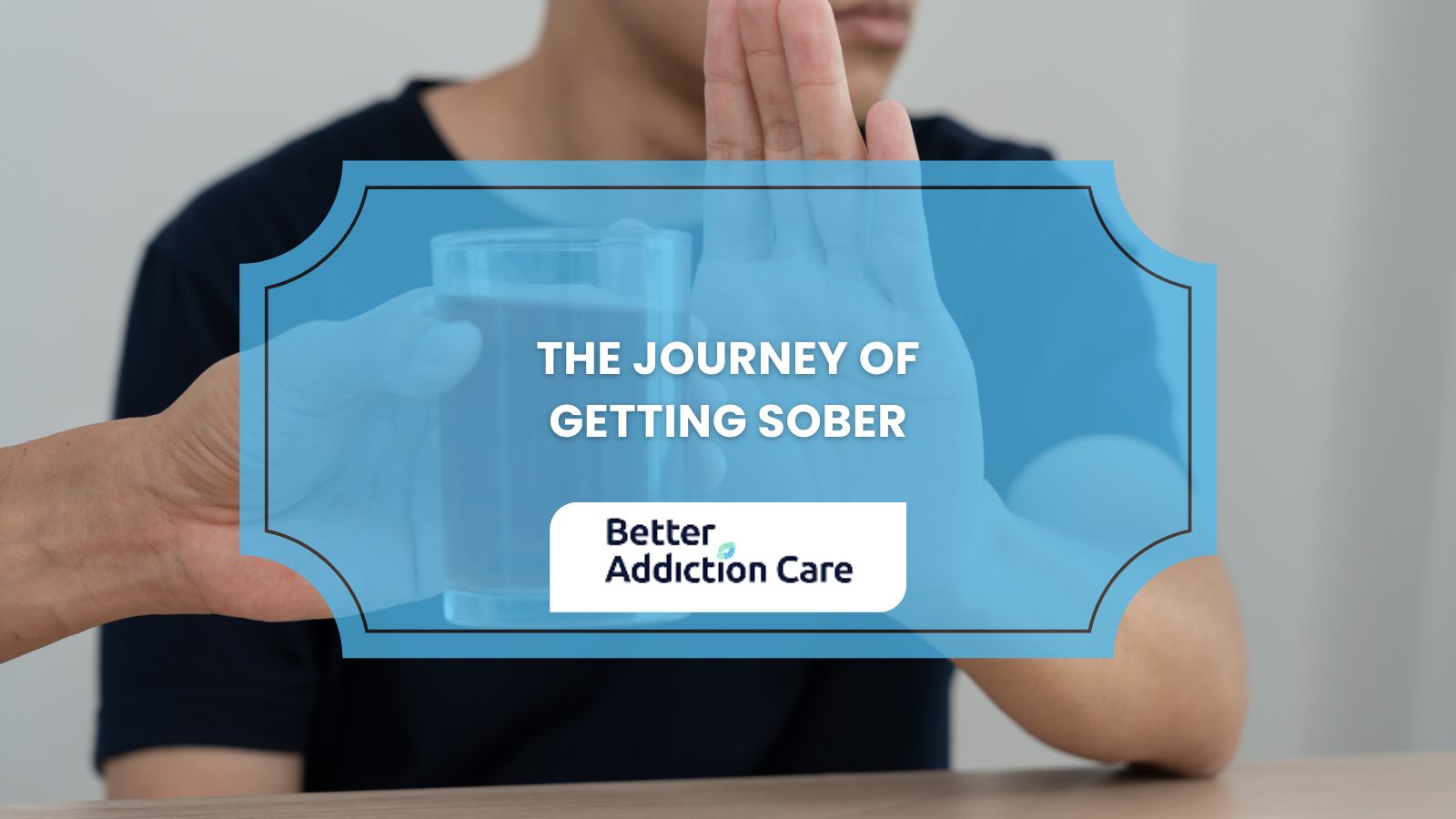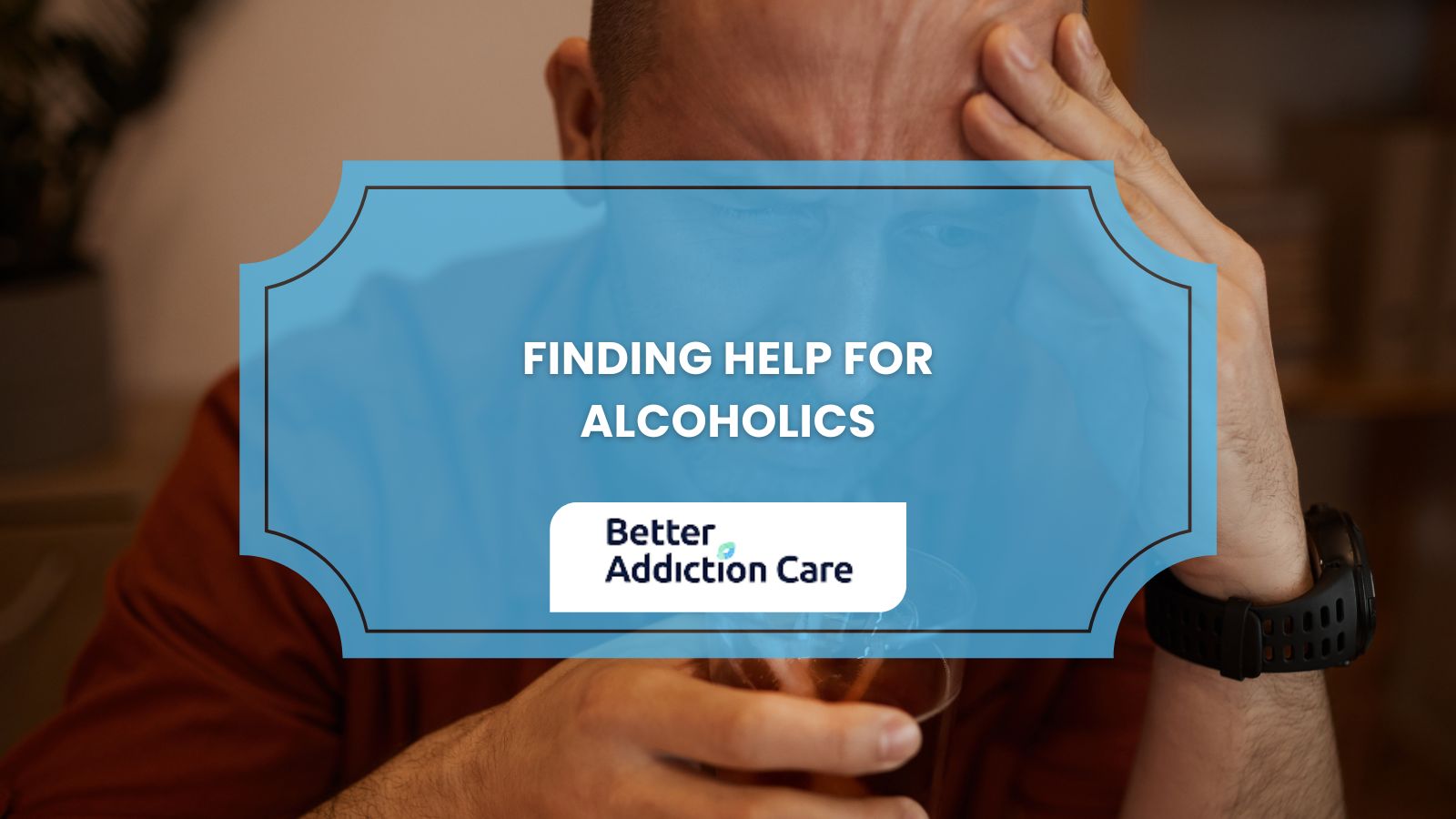Alcohol Intervention: Definition, Signs, Types, Steps, Challenges and Risks
Alcohol intervention is a structured approach designed to confront and assist individuals exhibiting harmful drinking behaviors, with the goal of guiding them toward professional treatment. According to the National Institute on Alcohol Abuse and Alcoholism (NIAAA), nearly 29.5 million people aged 12 and older had alcohol use disorder in the U.S. in 2021, a condition that often goes untreated due to denial or lack of awareness. Interventions are critical tools in addressing this gap by creating opportunities for recognition, accountability, and support. These strategies typically involve friends, family, or healthcare professionals and are most effective when planned carefully and executed with clinical or therapeutic guidance.

Recognizing the signs that indicate a need for an intervention, such as chronic health issues, erratic behavior, or professional and relational decline, is essential for early action. Understanding the different types of interventions, from classic confrontational models to more invitational or systemic approaches, helps determine the most suitable method for the individual.
The process of conducting an intervention includes preparation, planning, execution, and follow-up, each step vital to ensuring effectiveness and minimizing emotional harm. This article also explores the challenges and risks associated with alcohol interventions, including emotional backlash and resistance, and outlines evidence-based treatment options such as behavioral therapy, medication-assisted treatment, and long-term care planning.
What Are Signs that Someone Needs Intervention for Alcoholism?
Signs that someone need intervention for alcoholism include increased use of alcohol, failure to meet obligations, strained relationships with friends and family, health problems caused by heavy drinking, failed quit attempts, isolation from friends and family, and denial. These signs show that one has a problem with addiction and this is the first step in the path of getting the necessary support.
In such a situation, if you notice that your loved one exhibits most of the mentioned symptoms, it is high time to meet and express your concerns and support to pursue the treatment of their alcohol addiction.
What are Types of Alcohol Intervention?
The main types of alcohol intervention include brief intervention, motivational interviewing, family involvement, cognitive behavioral therapy, 12-step facilitation, use of medications, contingency management, and community reinforcement, each tailored to support individuals in reducing or stopping harmful drinking.
Listed below are 8 common types of alcohol intervention.
- Brief Intervention: A short conversation with a healthcare provider that raises awareness and motivates change, often used in clinical settings.
- Motivational Interviewing: A counseling method that helps individuals resolve ambivalence about change using empathy and supportive dialogue.
- Family Intervention: Loved ones confront the individual in a structured setting, often with guidance from a specialist, to express concern and encourage treatment.
- Cognitive Behavioral Therapy (CBT): Focuses on identifying and changing thought patterns and behaviors associated with alcohol use.
- 12-Step Facilitation: Supports engagement in programs like Alcoholics Anonymous that emphasize surrender, reflection, and group support.
- Pharmacological Intervention: Use of medications such as disulfiram, naltrexone, or acamprosate to reduce cravings or deter drinking.
- Contingency Management: Provides tangible rewards for maintaining sobriety, often used alongside other treatments.
- Community Reinforcement Approach: Helps individuals build a fulfilling life without alcohol through social, recreational, and vocational support.
What are Steps to Follow During an Intervention for Alcoholism?
The steps needed for intervention for alcoholics involve planning, education, preparation, confrontation, offering support, setting boundaries if necessary, and follow-up. Every single stage is of high importance because, during each one, individuals have chances to develop recognition of the addicted person's need for assistance and promote progress toward recovery.
The main reason for alcoholism being a horrible disorder for the addict and their family is precisely why any intervention must be done with extreme care and with the primary goal of helping the one who comes with alcoholism to start treating and receiving therapy for his problems.
What Can You Anticipate in Alcohol intervention?
You can anticipate steps, such as planning, confronting, and providing support. Organizing the intervention, choosing the recipients, and involving a professional in charge if the need arises is part of planning. Confrontation begins by honestly tackling those relevant drinking behaviors; therefore, this entails quoting them with specific examples and showing care and support. Last but not least, ongoing support is what counts, whether this is done by going with the person to treatment programs, attending family therapy sessions, or joining groups like Alcoholics Anonymous just to provide support. Finally, what makes an intervention successful is getting the addict to -at least- consider there is a problem. However, the best-case scenario is for the person receiving the intervention to the willing to receive treatment.When you come to a point in planning an alcohol intervention, know that you should be prepared for factors that may come up during the process.
In the first stage of an alcohol intervention, one can anticipate various emotions from the person undergoing the intervention. These emotions may range from denial, anger, defensiveness, and even acceptance of what is at hand. It is imperative to be patient and understanding, appreciating that different reactions are quite normal considering other circumstances. Furthermore, foresee that patients might refuse assistance or oppose it at the initial stage. On the other hand, it takes a lot of effort and support for people to get better, realize that help is much needed, and thus accept the treatment.
Also, make plans for post-intervention encouragement and follow-up. Accepting help during an intervention is essential; however, receiving help for future recovery is another problem, and continuous support is crucial.
Provide support, help in searching for treatment services, and a willingness to participate in the individual's recovery process. Finally, consider the potential for positive change and growth. Interventions can indeed be emotionally draining for everyone involved, but they are also strong enough to generate a shift in thinking about permanent healing and recovery.
Can an Intervention for Alcoholism Help to Create Family Bonds?
Yes, an Intervention for alcoholism can help create family bonds. Through a shared goal, family members become a living example of the sayings “united we stand” and “divided we fall.”
During the intervention, communication allows family members to share their feelings, worries, and experiences, thus making them more likely to understand and become empathetic toward each other. Implementing this intervention involves teamwork and collaboration, adding a layer of depth and trust.
This creates a cohesive and comfort-giving network during their most challenging moments. Furthermore, in cases where the addict does decide to seek help, it gives a path to their recovery in which family involvement and support become essential to their success, thus deepening the relationship and building a stronger family bond along the recovery journey. In general, though interventions could be psychologically demanding, they represent a path for families to cope, manage alcoholism.
What if Alcohol Intervention Does Not Go Well?
If alcohol intervention does not go well, behave calmly and care for your actions. Seeking the assistance of a crisis interventionist or therapist could be helpful when the situation gets into the confrontational or emotion-charged stage. Above all, it is important to reflect on the reasons behind interventions not proceeding as expected and consider changes to the approach if possible.
The failure of an intervention such as open rejection or plain denial regarding the problem, which manifests itself in the form of alcohol or necessitates taking some outside help can be somewhat demoralizing for everyone who is part of it.
The first reaction could be Anger and frustration could build up, which will cause relationships to deteriorate, and yet they might reject the help and continue the use of alcohol with no attempt at treatment. In some of these predicaments, they can escape from the therapy programmed.
Depending on the case, overcoming the alcohol addiction might take a while, and the alcohol-addicted patients may be uncertain about seeking treatment. An over-reliance on traditional approaches may not be sufficient for specific individuals; hence, alternative methods such as motivational interviewing or family therapy might be helpful.
Hesitation and relapses are common, and this is something you should remember. With tolerance, resilience, and continuous support, there is still a chance for the individual to tackle alcoholism and work slowly toward recovery.
what are challenges and risks of alohol intervention?
Challenges and Risks of Alcohol Intervention Alcohol interventions, while potentially life-saving, are not without their hurdles. Here are the key challenges and risks.
Emotional and Interpersonal Challenges
- Denial and Resistance: The individual may reject the concerns or become defensive.
- Emotional Volatility: The intervention can trigger anger, guilt, or distress, especially if poorly timed.
- Damaged Relationships: Mismanaged interventions may strain family or friendship bonds.
Psychological and Behavioral Risks
- Psychological Trauma: Confrontational approaches might worsen mental health issues.
- Relapse Risk: Even after accepting help, individuals may relapse without strong support systems.
- Limited Self-Efficacy: If the person feels judged or powerless, motivation to change may decrease.
Systemic and Treatment Challenges
- Lack of Follow-Up Support: Without aftercare plans, initial progress may fade quickly.
- Inadequate Resources: Access to quality treatment can be limited, especially in low-resource areas.
- Cultural Mismatch: Interventions that ignore cultural values can feel alienating or ineffective.
Timing and Execution Issues
- Premature Timing: Intervening too early may lead to rejection; too late may mean greater harm.
- Improper Planning: A poorly structured intervention might backfire or escalate the situation.
Which Professionals Can Help You with an Intervention for Alcoholism?
Among many others, professionals in the field of intervention for alcoholism can offer their assistance in this process, providing consulting, support, and expert information to guarantee that the intervention is a success and that it is a compassionate one.
The professionals listed below can help you with an alcoholism intervention.
- Interventionists, who specialize in conducting interventions and mediating hard conversations.
- Therapists or counselors, who work in a supportive and advisory role for both the alcoholic and their loved ones.
- Substance abuse counselors, who devote their time to working with people dealing with addiction.
- Primary care physicians who would help with a holistic health condition and related issues.
- Psychiatrists, who help in identifying and treating mental health disorders.
Alcohol intervention usually is carried out by close friends or relatives who are affected by the person’s alcohol addiction; or it could involve professionals working together to help the person struggling with alcoholism and their loved ones, who are usually overwhelmed by the situation.
How Much Does It Cost to Hire a Professional to Assist You During an Intervention?
It’s vital to examine the different payment methods to fit the options to your budget if you are considering the price of hiring a professional to face this issue. An intervention could go from zero if made without professional supervision to a few thousand if you hire a professional to conduct the group while doing the intervention. You should also verify whether your health facilitation plan covers intervention services as a part of behavioral health or substance abuse treatment program benefits.
The coverage level may differ for different insurance companies, so it is best to verify these before advancing the policy to know the services listed and how reimbursements can be made.
For those not insured or considering other alternatives, the good news is that several choices are available. Interventionist work is, at times, carried out on a sliding scale. Another arrangement to strike a balance between finances and enormous expenses is taking personal loans instead of a credit card that can be used to pay the cost upfront.
The support group could agree to pay for the intervention together. The preferred payment method is of secondary importance because the main aim is to help the person with his troubled drinking problem.
An essential consideration in the choice of a professional intervention for an alcoholic is to tally up the advantages of the proposed endeavor in light of the financial expenses of the procedure. A successful intervention could become an amazing tool that helps people with alcohol addiction and their families improve their health, their relationships, seek alcohol rehab and, therefore, their overall lives.







